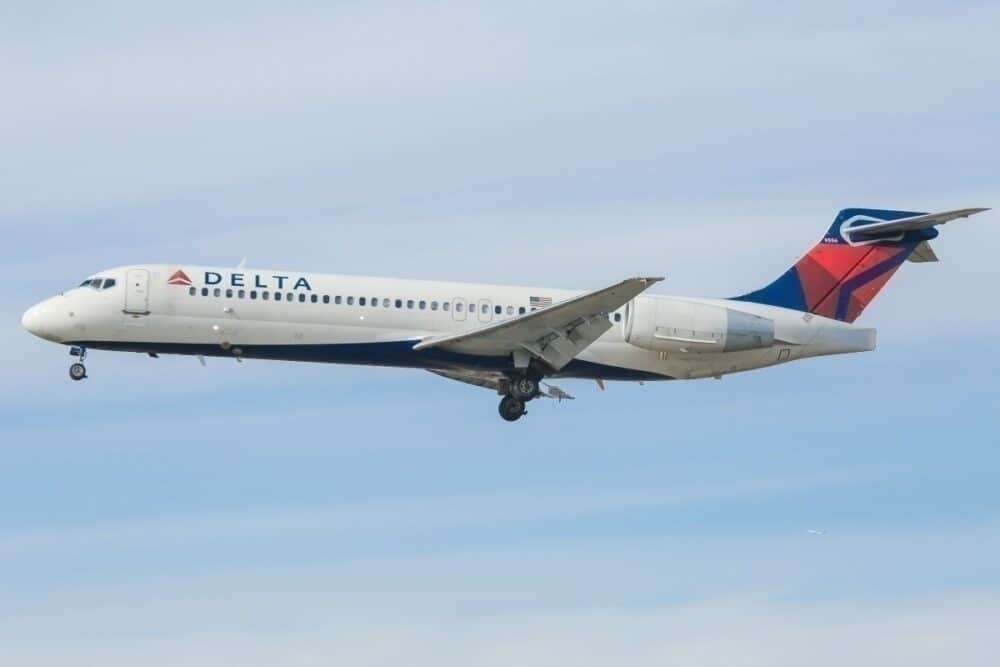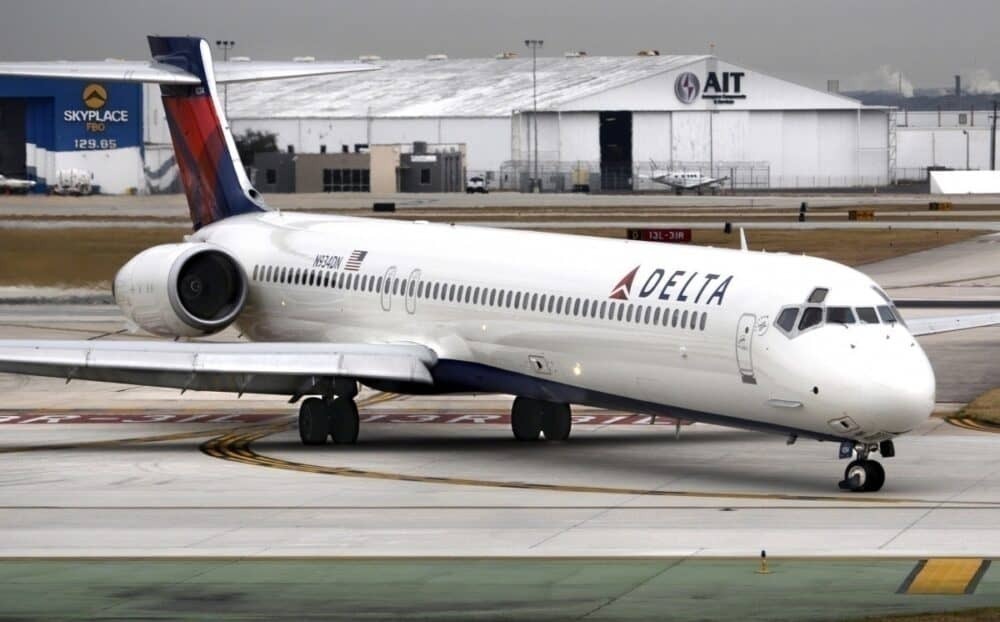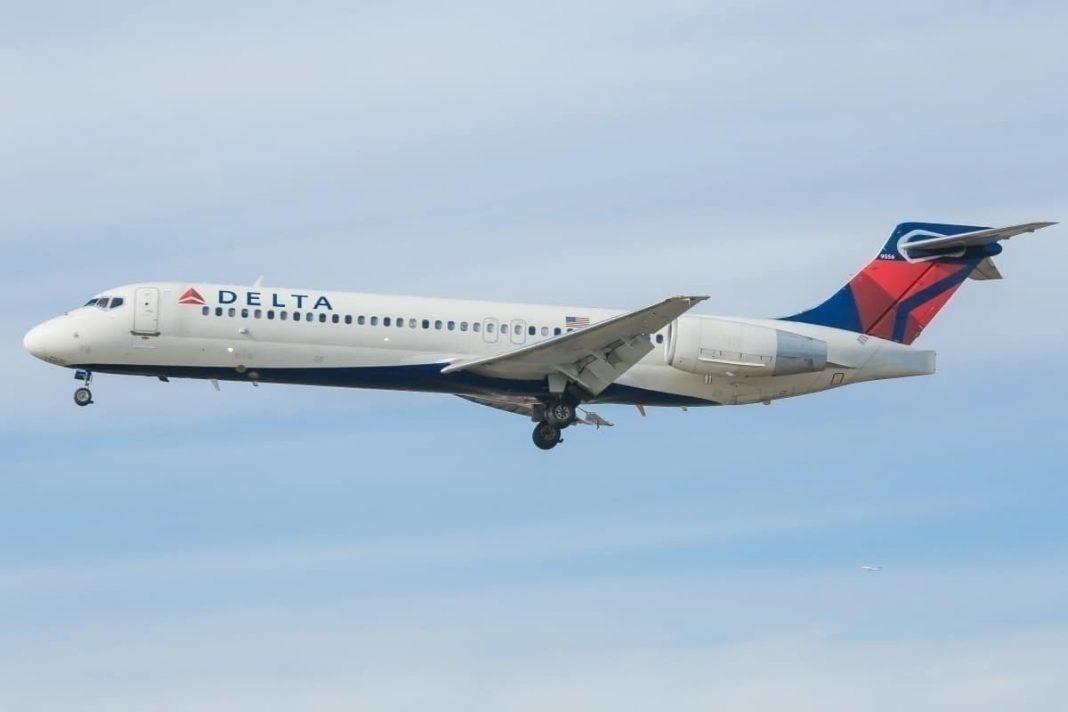Airlines have tried a lot of different tactics to help reduce operating costs. Back in the 1980s, one of the most well-known cost-cutting measures saw American Airlines removing one olive from its salads, leading to tens of thousands of dollars in cost savings. In 2012, however, Delta Air Lines took a different tactic. Amid a high fuel price environment, it purchased an oil refinery.

Delta purchases an oil refinery
In June 2012, Delta Air Lines’ wholly-owned subsidiary, Monroe Energy, acquired an oil refinery in Pennsylvania called the Trainer Refinery. The acquisition cost Monroe Energy $180 million. As part of the purchase, Delta would take over the refinery, its pipelines, and transportation assets that would get the jet fuel to Delta’s Northeastern US operations, including the carrier’s hubs in LaGuardia (LGA) and New York John F. Kennedy (JFK).
Stay informed: Sign up for our daily aviation news digest.
In 2020, the refinery primarily produces gasoline, diesel, and jet fuel. Monroe Energy exchanges the non-jet fuel products with third parties for jet fuel that Delta uses in its operations. The jet fuel produced and procured through this exchange historically provided about 200,000 barrels per day– or about 75% of Delta’s consumption.

At the time, Delta believed that it was an excellent time to acquire the refinery. It cited the rising global demand for jet fuel and related products alongside the slipping capacity for jet fuel refining in the United States. So, Delta thought it was a great way to reduce the cost of jet fuel.
Delta’s fuel bill got more expensive
Between 2010 and 2012, Delta Air Lines saw some numbers that would make the acquisition cost of the refinery worthwhile. First off, in 2010 and 2011, Delta used 3.8 million gallons of jet fuel. In 2012, that number was down to 3.7 million. However, the amount of money Delta was spending on jet fuel increased.

In 2010, Delta spent $8.9 billion on fuel. In 2011, that number was up to a staggering $11.8 billion. In 2012, even after reducing the amount of jet fuel it was using, the carrier’s fuel bill totaled $12.2 billion– or 36% of the airline’s total operating expense. This was up from 30% back in 2010.
How has the acquisition worked out?
Running an oil refinery is never an easy task. For one, like an airline, refineries are subject to shocks in the market. Since Delta acquired the refinery, fuel prices have gone down. Here’s how the refinery has performed financially since 2013:
- 2013: Loss of $116 million
- 2014: Profit of $96 million
- 2015: Profit of $290 million
- 2016: Loss of $125 million
- 2017: Income of $110 million
- 2018: Income of $58 million
- 2019: Income of $76 million
In 2020, thus far, the refinery has recorded an operating loss of $114 million in the first three months of the year and an operating loss of $85 million in the first half of the year ending on June 30th. This was attributed in large part due to the impact caused by the current crisis amid a significant decrease in the demand for jet fuel. Delta has, however, increased the production of non-jet fuel products for an exchange to jet fuel.

The current crisis has shown the volatility of the refinery business as well. Jet fuel is usually a pretty reliable source of income for the energy industry. However, with demand for jet fuel at its lowest point in years, it’s going to be a difficult few years for the Trainer Refinery.
Do you think Delta’s refinery purchase was a good idea? Let us know in the comments!
[ad_2]
Source link


